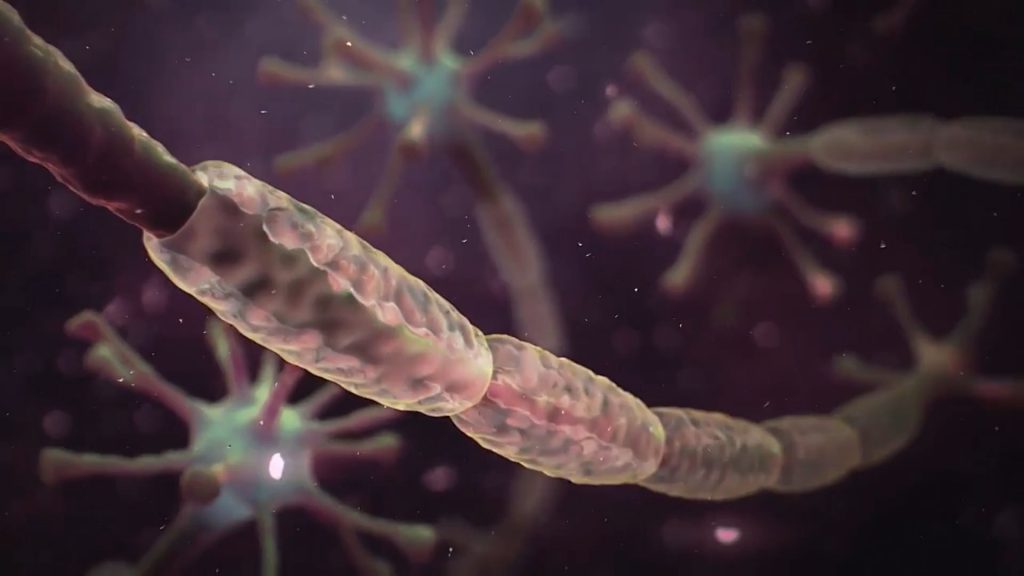IBS and Hashimoto’s disease
25 y.o woman whose IBS and GERD cannot be controlled due to Hashimoto's disease
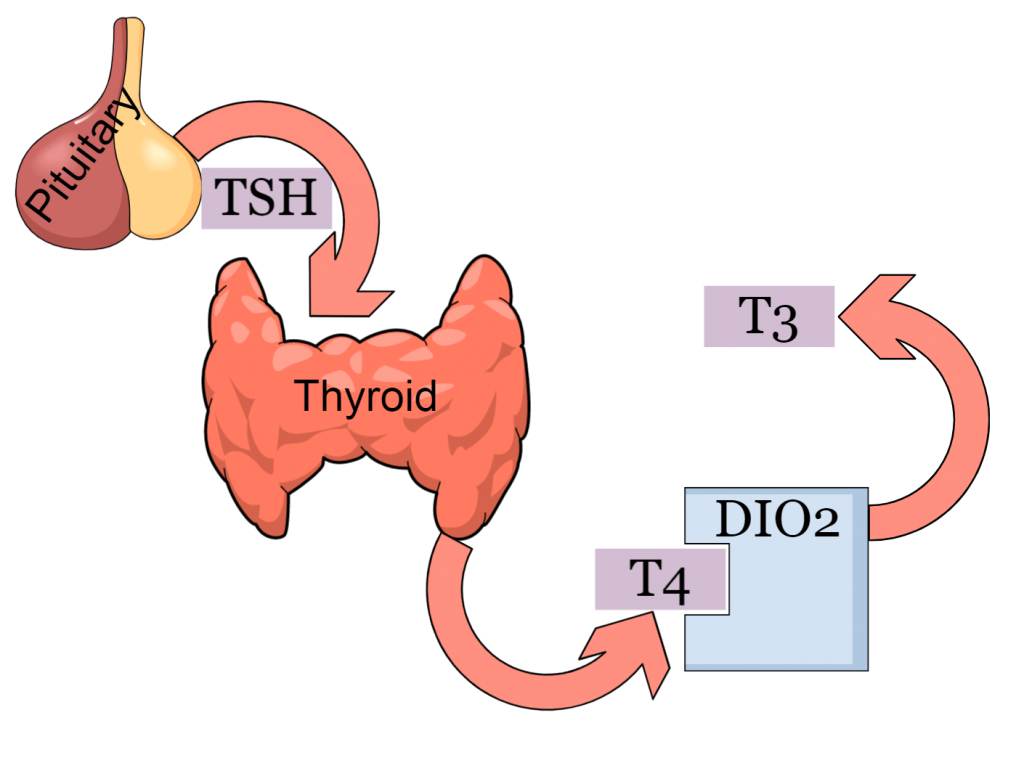
The main house cleaning mechanism of the small intestine is called MMC and is tightly regulated by the central nervous system itself, and mediated by the largest nerve of the human body, the vagus nerve. While describing this process here is of no use (it is fully detailed in MMC-SIBO chapter of the book), I need to pinpoint that there are several factors that may interfere with, delay or even inhibit completely MMC leading to bacterial overgrowth of the small intestine and as a result both upper and lower GI symptoms. Katherine fulfilled many prerequisites for MMC inhibition and thus the diagnostic panel was based on this hypothesis.
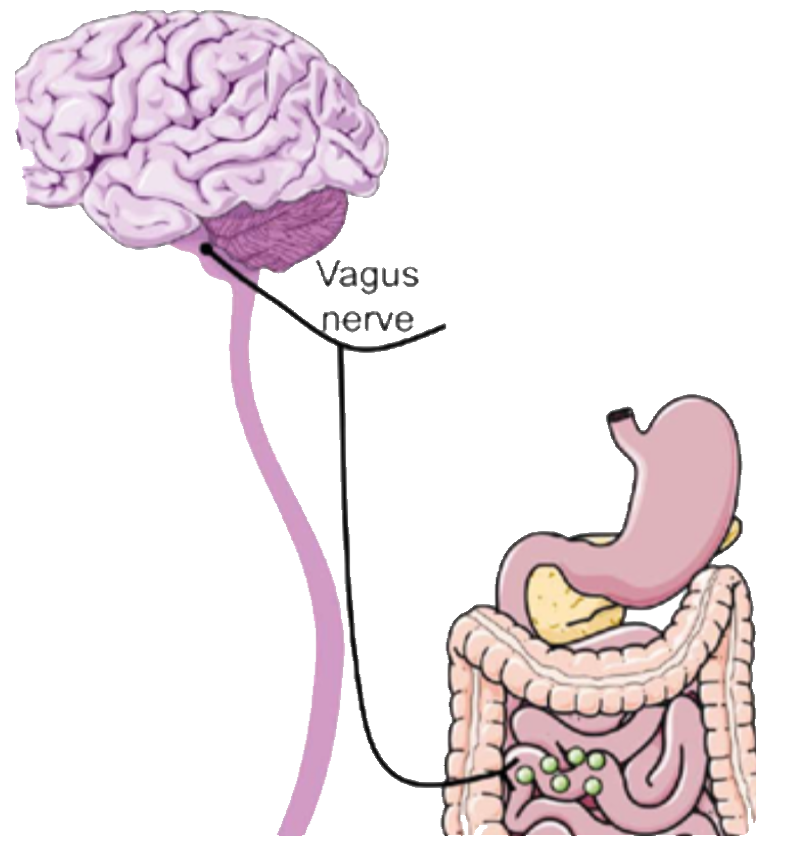
Migration motor complex
The cleaning machinery of the small intestine is regulated by the central nervous system itself. When in fasted state, muscular pulses directed by the brain forward all the debris produced by previous digestions from the small to the large intestine for elimination
Inhibited by | Leading to |
|---|---|
Hashimoto’s disease | SIBO |
All day eating | Leaky gut |
Several drugs | IBS |
Lauritano, Ernesto Cristiano, et al. “Association between hypothyroidism and small intestinal bacterial overgrowth.” The Journal of Clinical Endocrinology & Metabolism 92.11 (2007): 4180-4184.
Pimentel, Mark, et al. “Lower frequency of MMC is found in IBS subjects with abnormal lactulose breath test, suggesting bacterial overgrowth.” Digestive diseases and sciences 47.12 (2002): 2639-2643.
Katherine was constipated since always. As far as she could remember she didn’t visit the toilet more that 3 times per week. This pattern was interrupted 5-6 times per year by a period of diarrheas, lasting no more than 3 days, and then she returned to her usual bowel habits. She is a carrier of beta-thalassemia trait and has taken lots of antibiotics, mostly due to UTI’s ans sinusitis. Besides her gut problem, two years ago she started having some upper gastrointestinal symptoms, mostly a burning sensation in the mornings and burping after meals. that’s when she started researching more about her symptoms and during an endocrinological check-up she was diagnosed with Hashimoto’s thyroiditis. When she started the thyroxine replacement therapy she thought that her constipation and gastric symptoms would resolve. But that did not happen. In fact things were getting worse month after month, and for this reason she underwent upper and lower GI endoscopies, with the only finding being a mild chronic gastritis. She tried several therapeutic schemes provided by her GP and a gastroenterologist but nothing seemed to work.
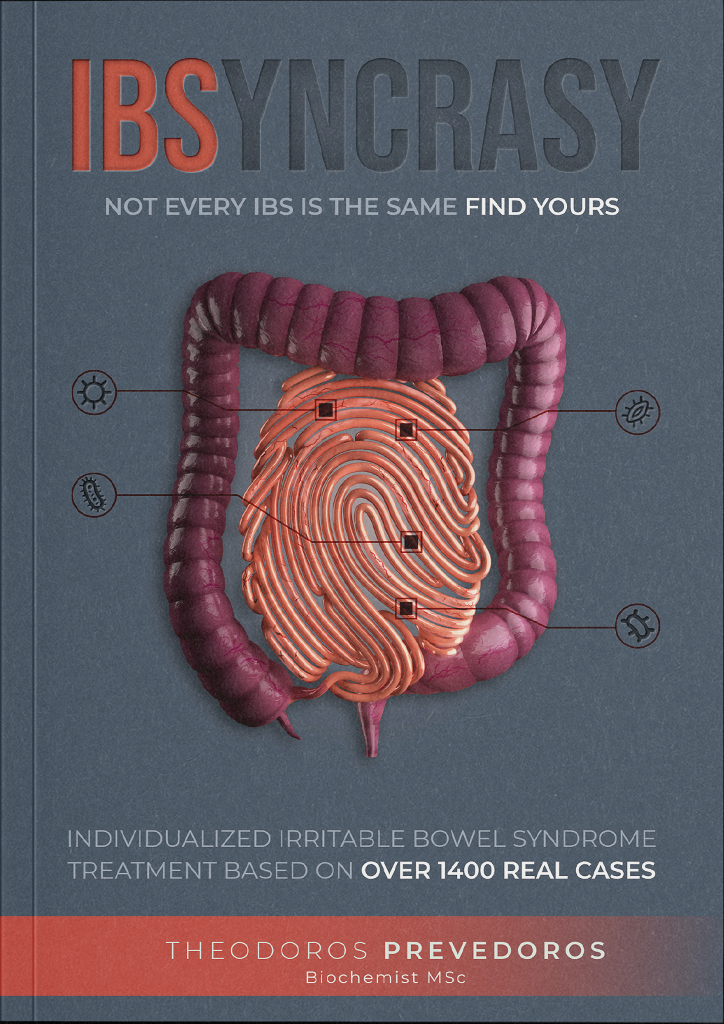
Irregular contrasctions of the colon may be sometimes caused by faulty hormonal regulation
Both these symptoms stem from abnormal fermentation of dietary starch and fiber. Thelonger these molecules stay in the colonic environment, the more gas they produce
A hallmark of acid reflux, although several time the opposite (hypochlorrhydria) may be the culprit
Hashimoto’s disease may induce low stomach acid, making food preparation different and prolonging passage
Katherine’s results revealed a very intense SIBO produced gas signal along with a deeply disordered microflora. Besides commensal microbes whose levels were diminished, two Citrobacter species were detected in pathogenic amounts. Two many protein fragments were recovered on stool whereas several vitamin and nutrient deficiencies could be attributed to malabsorption. Finally, zonulin was recovered in very high levels indicating augmented intestinal permeability. Hashimoto’s and leaky gut are part of a vicious cycle. Thyroiditis delays MMC, leading to SIBO which in turn increases intestinal permeability and permits food antigens to get into circulation.

Citrobacter spc
This pathogens in large amounts may explain gas and bloating

Vitamin deficiencies
Malabsorption probably produced by SIBO and leaky gut

Zonulin levels
Zonulin makes the intestinal junctions to relax and permits more improper antigens to enter the bloodstream
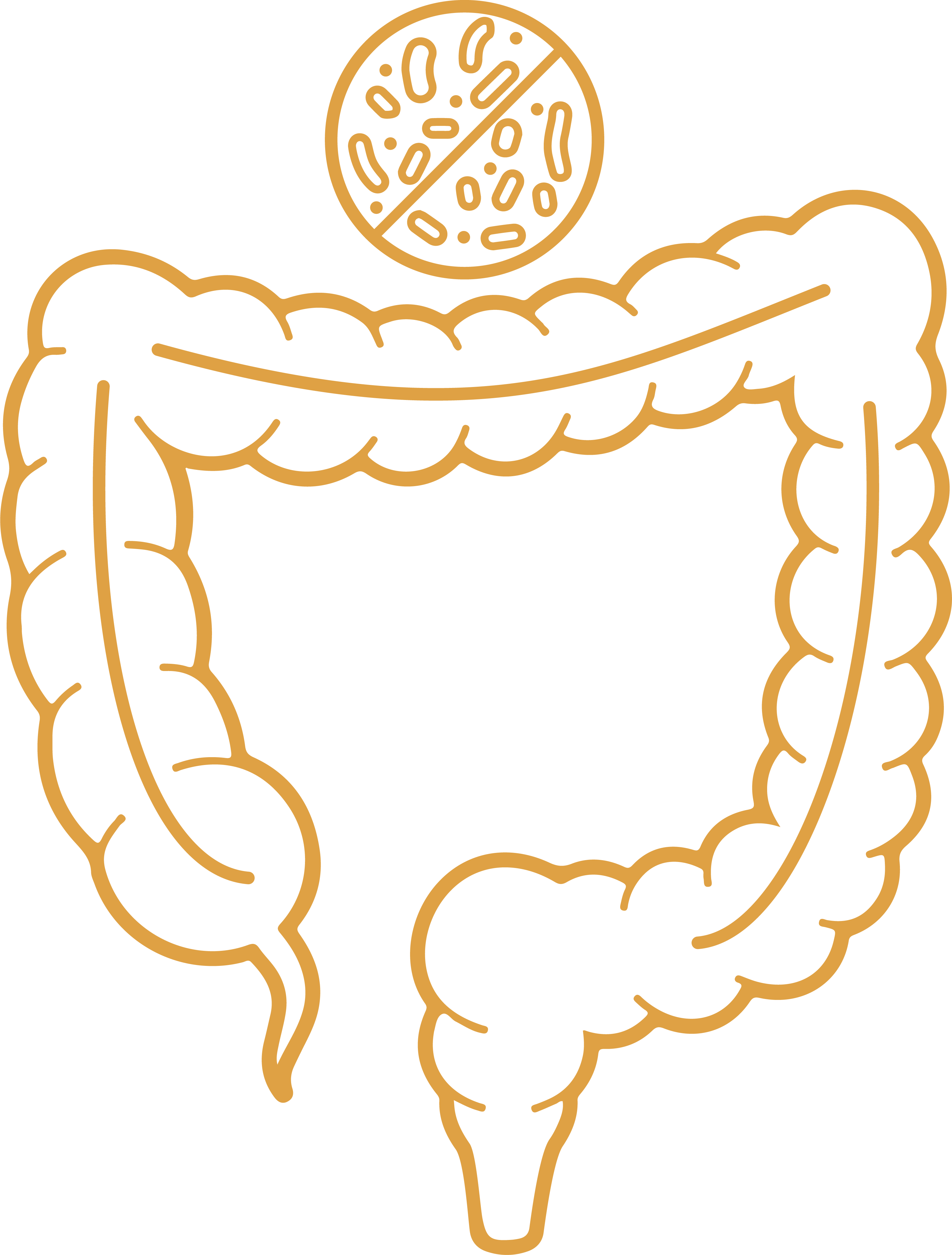
Probiotic sterility
Not a sign of Lactobaciili or Bifidobacteria on stool due to antibiotic abuse
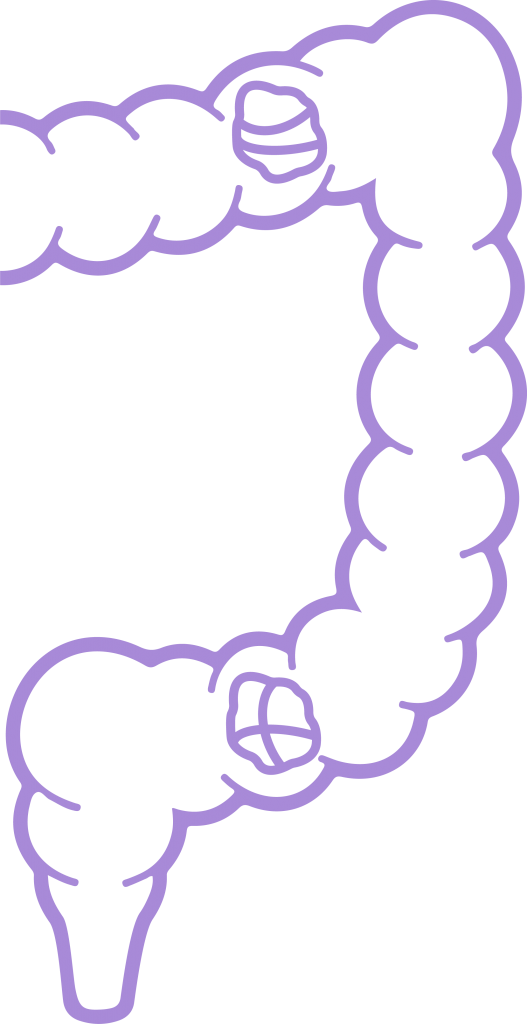
Protein loss
Gastritis and poor gastric phase leads to improper proteases function in the stomach and protein loss

SIBO
Elevated numbers of small intestinal bacterial populations are to blame for GERD
In these cases the treatment lasts for at least 3 months, during which rifaximine is provided intermittently. It is also crucial that the patient is given a very specific and strict dietary program consisting of gut nourishing meals along with clear fasting periods which will help restore the small intestinal environment and physicochemical properties of the epithelium.

The reason Katherine kept coming back for the next 9 months was to ensure she was on the right treatment. She did not want to experience the same symptoms again. Mild flare ups were not concerning.
- Hashimoto's thyroiditis may directly interfere with the Migrating Motor Complex which is crucial for small intestinal cleaning after meals
- All day eating is a common MMC inhibitor. MMC works better if the digestive tract is left to rest for at least 14 hours per day
- Single rifaximine treatment usually is not enough when SIBO is that extended
- Vitamin and other nutrient deficiencies are very common and should be addressed immediately
- Choices in lifestyle and diet play a decisive role in the way in which bacterial overgrowth will manifest

With a background in Chemistry and Biochemistry from the National and Kapodistrian University of Athens, Theodoros brings a wealth of knowledge in functional medicine and advanced treatments to his role. He possesses exceptional skills in analysis, pattern recognition, diagnostic translation, and storytelling. He is also FMU certified in Functional Medicine and has received training in advanced treatments from the Saisei Mirai Clinic in Japan.
